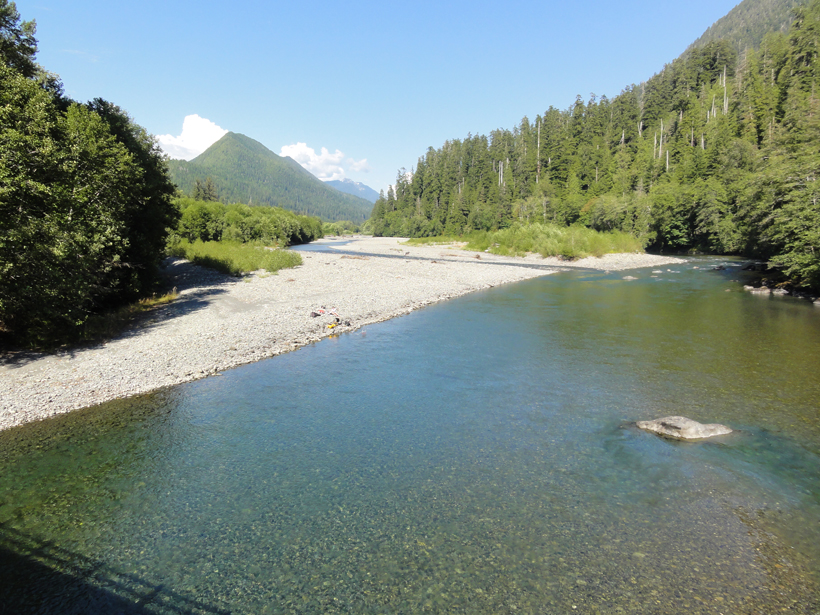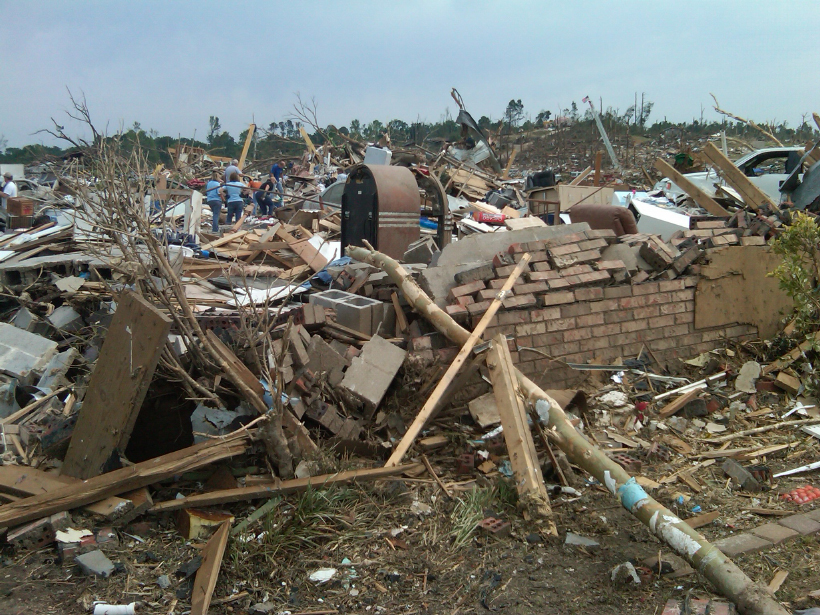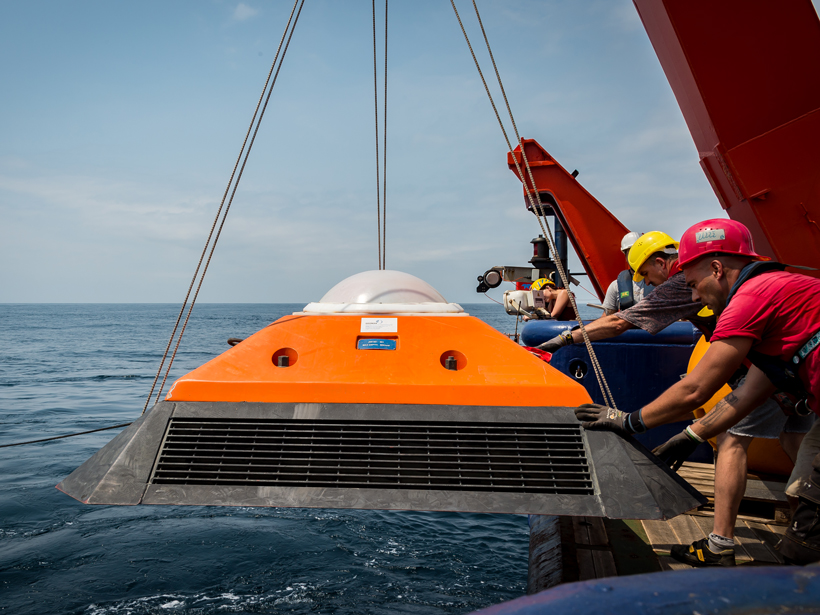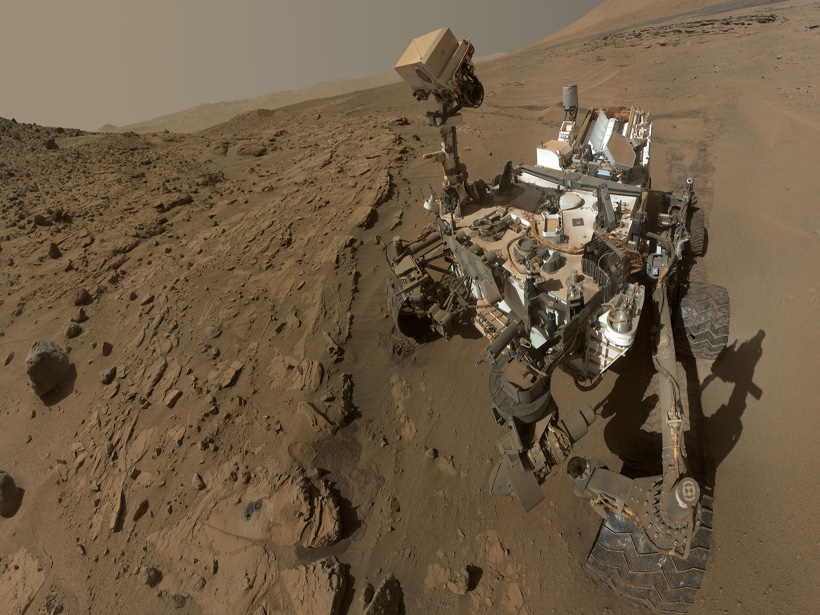At a recent forum, Sen. Ted Cruz also announced a Senate hearing to revisit the half-century-old Outer Space Treaty, and he warned about potential military threats to the nation’s satellites.
CC BY-NC-ND 2017
Why Is There So Much Carbon Dioxide in Rivers?
Observations of carbon dioxide oversaturation in the freshwater of the world led scientists to study its underlying causes at more than 100 field locations across the nation.
Tornado Casualties Depend More on Storm Energy Than Population
National Weather Service data from nearly 900 tornadoes and a principle of economics reveal the relationship between storm energy, population, and casualty count.
First Detailed Study of Circulation off Angola
New data give scientists insight into the eastern boundary current off Angola, helping them to evaluate and assess why simulations create sea surface temperature biases in the region.
Starlike Brown Dwarf? Not Anymore
Because of a new, surprisingly smaller mass estimate for a much-studied, nearby brown dwarf, astronomers now regard the familiar object as merely planetlike.
River Plumes near the Equator Have Major Effects on Oceans
Every second, the Congo sends millions of gallons of freshwater deep into the Atlantic, influencing marine plants and wildlife.
Concern About Climate Change Drives Arctic Council Meeting
Actions taken by ministers at the meeting included an agreement on international Arctic scientific cooperation and adoption of recommendations of a report on the region’s changing state.
Shifting Winds Write Their History on a New Zealand Lake Bed
A team of scientists finds a year-by-year record of climate history spanning the past 17,000 years at the bottom of a South Island lake.
Faulty Assumptions Impair Earthquake Hazard Assessment in Italy
Along faults in the Central Apennine Mountains, weather and landslides may cause rock exposure that is mistakenly attributed to earthquakes.
Insights into the Habitability of Mars
NASA’s Curiosity rover explored the Kimberley region of Mars to search for signs that the planet was once habitable.










